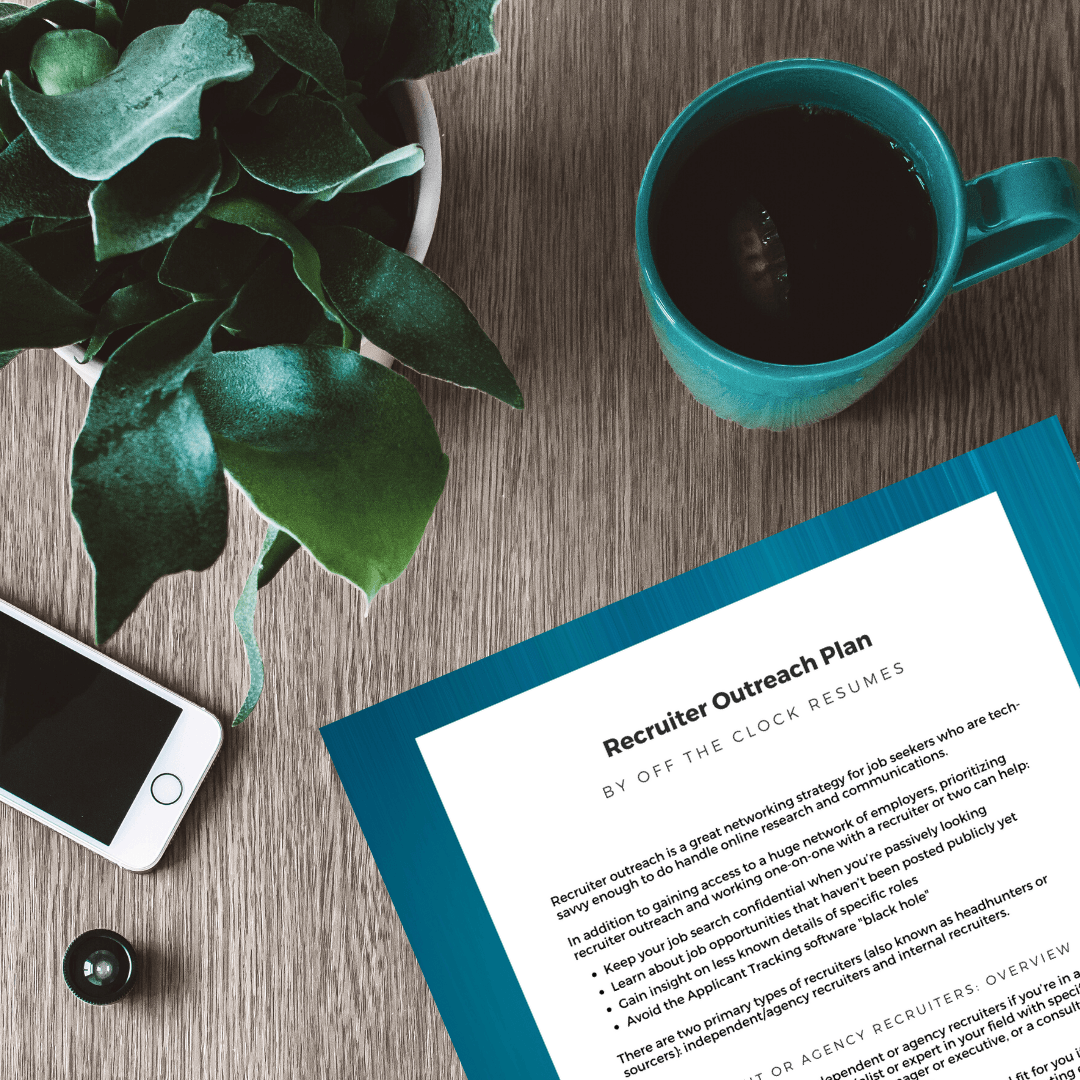
How To Showcase Achievements In Your Cover Letter
In the competitive landscape of the job market, your cover letter can be your best tool to make yourself stand out. Your resume condenses your work history and past achievements into skimmable bullet points, but your cover letter gives you the chance to go beyond.
If pulling out achievements feels hard, your resume foundation may need work. The Shortlist Resume™ helps you clarify your impact across resumes and applications. Learn More →
Your cover letter is an opportunity to explain that you're the best fit, not just for the job but for the team and organization as a whole. This is where you can turn your accomplishments into a compelling personal narrative that showcases the results an employer can expect from you and makes a hiring manager say, "I need this person on my team!"

This blog contains affiliate links, meaning I may receive a small commission (at no cost to you) if you subscribe or buy something through the links I share. I only share links to products or services that I use myself or absolutely love!
Importance Of Highlighting Achievements In Your Cover Letter
For any open job position, recruiters and hiring managers often review a multitude of applicant submissions which makes it challenging to remember every candidate. However, you can craft a unique personal brand that sets you apart from the competition by highlighting your achievements. Displaying your tangible accomplishments shows that you have gone above and beyond in your prior roles. This simplifies the process for employers to recognize you as a standout candidate.
Employers look for the impact of your abilities and contributions. Achievements are concrete evidence of your skills. By presenting tangible evidence of how your past performances have significant weight through numbers and metrics, your potential employers can better gauge the value you add to their company.
Weaving an engaging story around your accomplishments can also create a more memorable cover letter and personal brand. Share your achievements in a manner that frames them with challenges you faced, the actions you took when met with said challenges, and the outcomes you achieved. This type of story construction can captivate readers and leave them eager with curiosity about your potential contributions.
Not only are you demonstrating that your skills and experience align with your employers' needs, but an achievement-focused cover letter can build trust as well. It shows the results of how you applied your skills and accomplished favorable results in your past roles. Potential employers are more likely to trust that you can deliver results and invite you to an interview.
Identifying Relevant Achievements For Your Target Job
Your cover letter needs to be targeted to the position you are applying for. Identifying relevant achievements and practicing restraint can be challenging, but crucial nonetheless. Here are some strategies and examples for different types of candidates:
The Recent College Graduate
- Academic Achievements: Highlight any of your exceptional academic accomplishments, such as achieving the highest GPA in your major or receiving academic awards and scholarships.
- Internships and Projects: Showcase successful internships or projects where you contributed significantly or received positive feedback.
- Leadership Roles: Think about the positions you held in student organizations or clubs. Mention any achievements that showcase your ability to lead, manage, and inspire others.
Example: As a recent graduate with a Bachelor's degree in Marketing, I achieved a 3.9 GPA and earned recognition on the Dean's List for four consecutive semesters. During my marketing internship at XYZ Company, I also successfully implemented a social media campaign that increased engagement by 25% within two months.
The Career Changer
- Transferable Skills: It is okay if you don't have every skill a job posting is asking for. Try identifying skills from your previous career that align with the new field you're trying to enter. Demonstrate how they can benefit the potential employer.
- Volunteering and Side Projects: Have you been involved in voluntary work or side projects? Include any relevant experience you've gained from those or if you produced notable results.
- Certifications and Training: Certifications and completed relevant training courses can be added as accomplishments too!
Example: As a former IT professional transitioning into a career in Human Resources, my strong analytical and problem-solving skills from my previous role have allowed me to streamline HR processes and improve efficiency. Additionally, I volunteered with a non-profit organization where I led a team in organizing a successful fundraising event and raised over $20,000 for the cause.
The Mid-Career Professional
- Accomplishments At Your Current Or Previous Jobs: Focus on any projects or tasks where you showed initiative and achieved exceptional results or received recognition.
- Performance Metrics: Use quantifiable data to demonstrate how you contributed to revenue growth, cost savings, or improved team productivity.
- Professional Development: Similar to a Career Changer, you can also highlight any relevant certifications, training, or awards.
Example: Over the past five years as a Senior Sales Manager, I consistently exceeded quarterly sales targets by an average of 20%, resulting in a 30% increase in annual revenue for the company. My commitment to professional development is also evident in obtaining the Certified Sales Professional (CSP) designation, which further enhanced my strategic sales skills.
The Executive
- Business Impact: Showcase significant achievements that directly impact your organization's growth, market expansion, or profitability.
- Leadership and Team Management: Highlight successful team-building efforts or situations where your leadership resulted in exceptional outcomes.
- Industry Recognition: Mention any industry awards, speaking engagements, or thought leadership articles that solidify your position as an expert in your field.
Example: As a Chief Financial Officer, I played a pivotal role in spearheading a financial restructuring initiative--resulting in a $15 million cost reduction and improved operational efficiency. My leadership contributed to a 40% increase in shareholder value, recognized by the industry through my nomination for the prestigious CFO of the Year award.
How To Quantitatively & Qualitatively Showcase Achievements
Job seekers often find it challenging to articulate their achievements in an effective and engaging manner. Try some of the tips and strategies below to give you a starting point:
Use The STAR Method
The STAR Method stands for Situation, Task, Action, and Result. It provides a framework for you to describe the situation/challenge that you faced, the tasks you undertook, the action you implemented, and the positive results you achieved. You can use this structure to clearly organize and present your accomplishments.
Quantify and Specify Whenever Possible
Numbers and metrics such as percentages, money amounts, time saved, KPIs, and other relevant metrics carry significant weight as tangible evidence of your success. The more specific you can be the more trustworthy and accomplished you come off. In some cases where you can't provide numbers, emphasize the concrete outcome of your actions and how they affected your project, team, or organization.
Write Concisely
Focus on being concise while still effectively conveying the impact of your achievements. Use strong action verbs and impactful language to make your accomplishments stand out.
Highlight Soft Skills, Too
It's easy to overlook the importance of soft skills in your achievements. If you improved team collaboration, strengthened communication, or fostered a positive work environment, mention these contributions and their impact.
Incorporating Achievements Into The Cover Letter Structure
You may be asking, "These are great tips but how do I incorporate them cohesively?"
Your cover letter should not read like a list of accomplishments. Your accomplishments should be weaved into the writing so that the cover letter flows naturally while holding the recruiter's or hiring manager's attention.
Opening Paragraph: Start your cover letter with a compelling opening that highlights one of your most significant achievements. This will immediately capture the reader's attention from the beginning. Offer details and quantifiable results where necessary!
Example: "Consistently driving revenue growth, including sales increases averaging 25% year over year, is my forte. I am excited to apply my expertise to contribute to the success of ABC Company as Marketing Manager."
Body Paragraphs (STAR Method): After you have identified and organized your relevant accomplishments, use the body paragraphs to elaborate through the STAR Method. Remember to once again provide specific details/metrics and stay relevant to the job position you're applying for.
Example: "During my time at XYZ Corporation, I was tasked with revamping the customer support process (Situation). I led a team of five representatives and implemented a more efficient ticketing system and personalized customer communication (Task). Through rigorous training and regular feedback sessions, we improved first-call resolution rates by 30% and received a 98% customer satisfaction rating (Action and Result)."
Closing Paragraph: In the concluding section of your cover letter, reiterate some of your most significant achievements briefly. End on a strong note, expressing your enthusiasm for the opportunity to contribute to the organization's success and how your track record sets you apart as a top candidate.
Example: "I am eager to discuss my achievements and how my skills align with the goals of DEF Tech. I am confident that my proven ability to lead teams and drive innovative solutions would make a meaningful impact on the company's growth and success."
Conclusion
Your cover letter is your canvas to paint a more detailed and complete picture of your professional career and prowess. When you highlight your accomplishments effectively, you are creating a more engaging narrative of your contributions and your value as part of your future employer’s team. Your cover letter can transform you from another applicant in the mix into an invaluable addition to the team that left a lasting impression.
If you want help refining your applications, Career Risers can support you. Join for smart tools like Cover Letter Buddy™, feedback, and guidance. Join Career Risers →
Related Articles
-
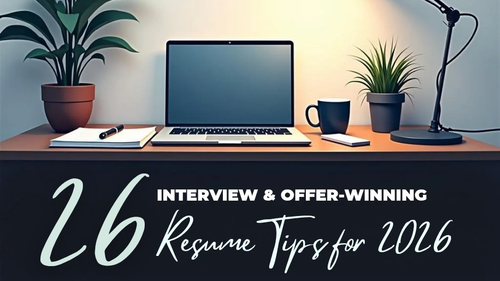
26 Interview and Offer-winning Resume Tips for 2026 and Beyond
Upgrade your resume for 2026 with tips that work from design to keywords and strategies that get interviews. Discover what to fix now and stand out fast!
-

The Perfect Resume Length: One Page, Two Pages, or More?
Confused about the ideal resume length? Discover when to use 1, 2, or even 3+ pages plus get tips to highlight your value and land more interviews.
-
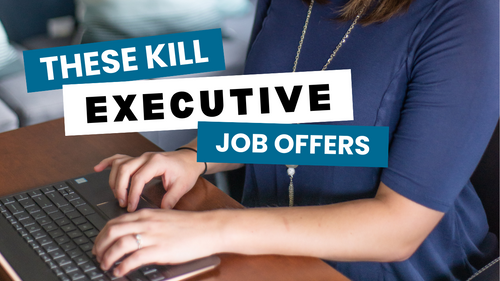
The Harsh Truths About Executive Resumes: What Not to Do
Avoid the most common executive resume mistakes that cost you interviews. Discover actionable resume tips to stand out and land C-level roles.
-

Resume Skills That Get You Hired: What To Include (And What To Skip!)
Discover the top resume skills employers want to see on your resume in 2025. Read or watch to learn how to showcase them to stand out and land more interviews.
-
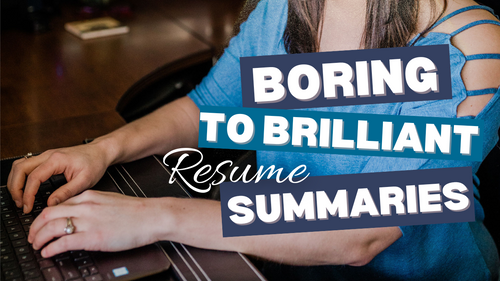
How To Transform Your Resume Summary From Boring To Brilliant
Transform your resume summary from generic to job-winning! Learn how to write a standout branding statement that grabs attention and lands interviews.
-
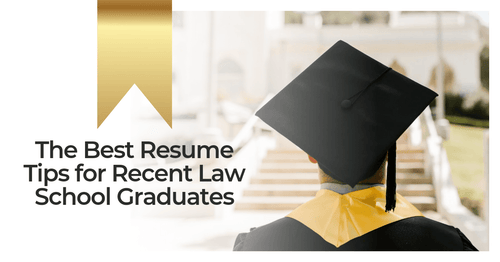
The Best Resume Tips for Recent Law School Graduates
Guest contributor Luke Bell shares practical resume tips to help recent law school graduates make a lasting impression on potential employers.
-

What Employers Look For In A Resume Skills Section
Learn which key components of an effective Skills section can indicate to resume screening software and the recruiters behind it which skills are your most recent, relevant, functional job-related skills.
-

What Your Resume Should Look Like in 2026
This comprehensive resume guide shares what the most common resume sections are and what your resume should look like in 2026.
-
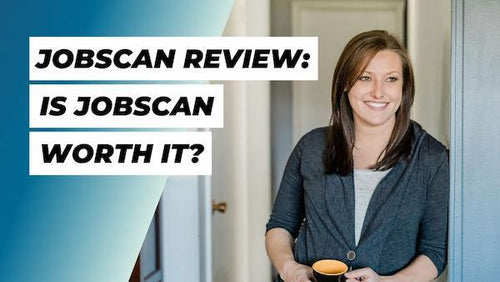
Is Jobscan Worth It? Jobscan Review (2024 Update)
Have you heard of Jobscan? Learn more about this keyword analysis tool for job seekers, what it costs, and what Certified Resume Writers both love and hate about it in this in-depth product review.
-

How To Showcase Transferable Skills And Your Value For A Career Transition
Recognizing the significance of transferable skills is key to successfully showcasing one's potential in the face of change.
-
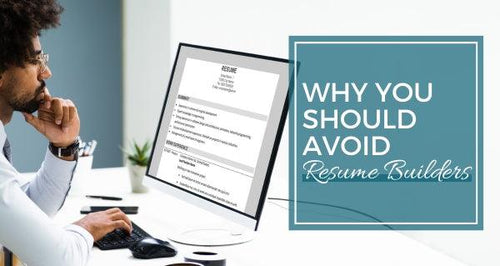
Why You Should Avoid Resume Builders
Online resume builders are an enticing resume resource, but as a Certified Resume Writer who has tried them out, I recommend avoiding them.
-
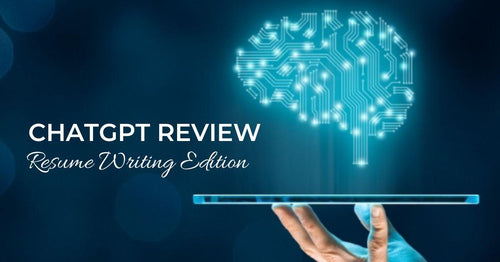
ChatGPT Review: Resume Writing Edition
How useful is ChatGPT in crafting a resume that lands interviews and job offers? This review by a Certified Resume Writer isn’t what you’d expect.
